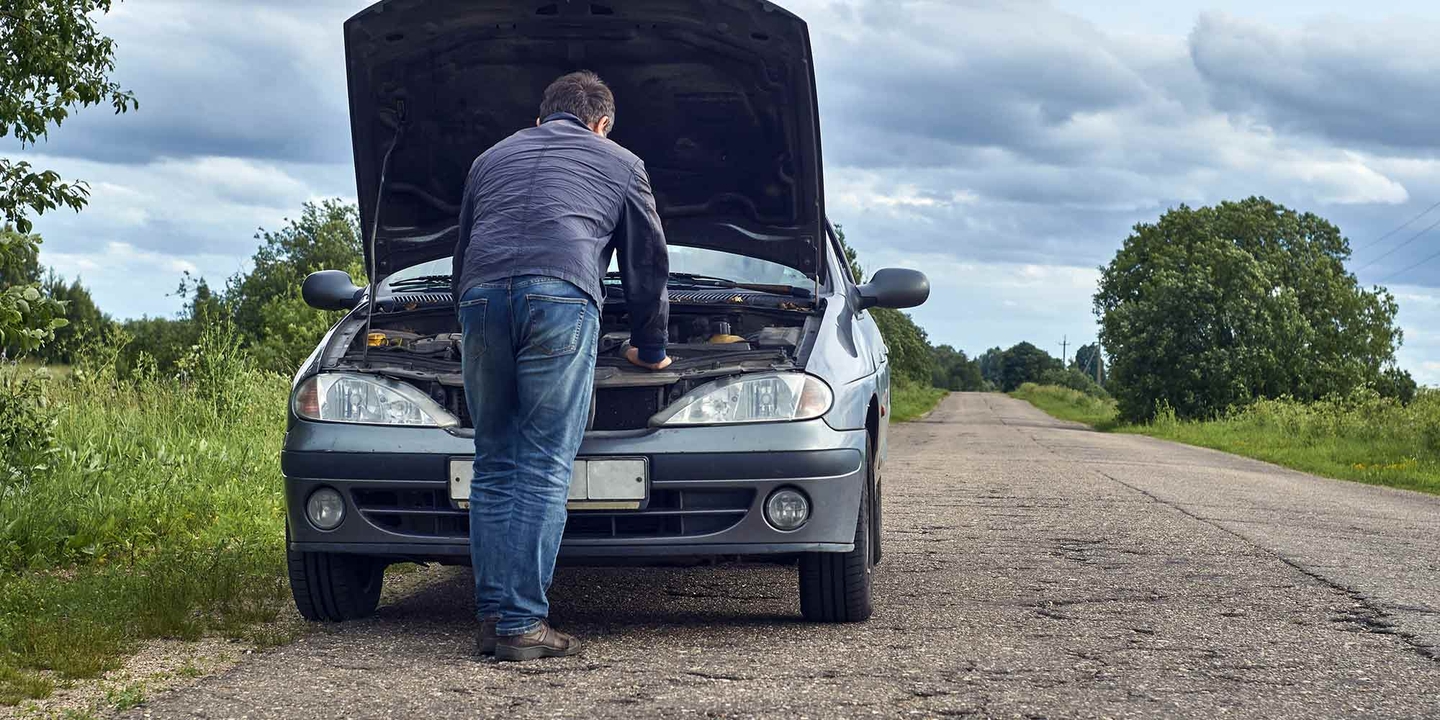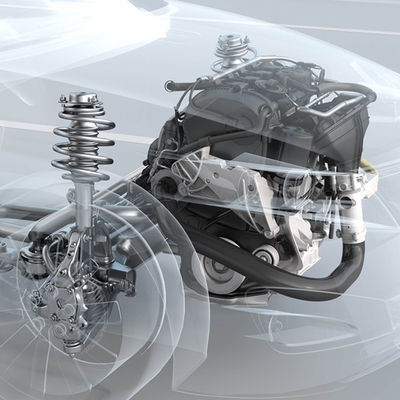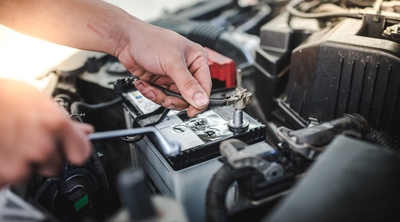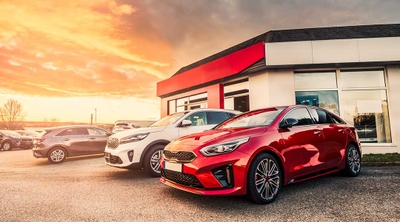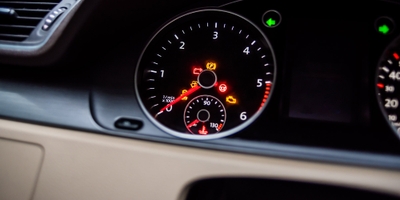When is it not worth repairing a car?
3 min read
Repair or replace? Even with small personal items like your phone and appliances in your home, making this decision can be difficult. When it comes to your car, the stakes are even higher.
If your vehicle breaks down and leaves you stranded, you might be wary of it happening again, even after repairs. If you’re in a collision, the damage may be costly and lead you to consider those costs against the price of a new car. Or maybe it’s been a wonderful ride over the years, and wear and tear is taking a toll.
Is it better to buy a new car or fix an old car?
In many cases, routine repairs will likely be more affordable than buying a used car or buying a brand-new car. However, there are times when people find themselves wondering what to do with a car that is not worth fixing and can justify a new car purchase. Used car repairs might not be worth the investment if you find that your vehicle is on the wrong side of one or several of the following factors.
Considerations for when to replace a car
Age
Used car repairs on an aging vehicle might not be worth the costs if the vehicle has high mileage and is generally deteriorating. You may not want to keep investing in repairs to a vehicle that will continue to break down.
Cost of repairs
Been hit with a hefty repair quote? It’s time to break out your computer or calculator. Deciding whether to repair your vehicle or buy a new one is about crunching the numbers. If the cost of repairs exceeds the car’s value, it’s probably best to get a new car instead. Sometimes, when a car with high mileage needs a significant repair or if your car is totaled, you might consider replacing it with a new or used vehicle.
Quinn Osha, founder of Topmarq, gives examples of upside-down math on car repairs. A 2008 Toyota Camry with 150,000 miles has a private sale value of about $5,000, according to KBB. A catastrophic engine failure requires shelling out $5,500. In this instance, you’re better off putting that money toward another car.
Installing a new transmission in a similar Camry will run $4,000. While this repair cost isn’t equal to the car’s value, it comes close. You’ll just be pouring money down the drain for any more repairs. These signs will help answer whether it’s better to fix an old car or buy a new car.
You’re habitually making repairs
Musson warns against repeatedly repairing a car that has been nickel-and-diming you for years. “If you’ve reached that point with your car, even a minor repair may not be worth doing because there will be another repair next month,” Musson says, adding that frequent repairs – even if they’re small — can be a sign of larger and more costly repairs needed down the road.
Parts are becoming more difficult to replace
If you own a classic or vintage car, finding reliable replacement parts can be challenging. Rare parts often have high costs because sellers know buyers have limited options. When searching for car parts from eras past, you should also be aware that those parts may be from other damaged vehicles since manufacturers aren’t making new ones. Even in common modern cars, some parts are difficult to repair and replace. Musson points to the frame as one example. “If your car has been in a crash that bent the frame, it will probably be declared a total loss because bent frames are just about impossible to repair,” Musson says. “If you try to fix it, you’ll likely face alignment issues for the rest of the time you own the car.” Learn more about how to maintain a classic car and car ownership tips.
Costly car parts Osha points to include the engine, a hybrid battery, transmission, airbags, and the head gasket. The engine and transmission deal the biggest blows to car owners’ wallets. “No car owner ever wants to hear that their vehicle needs a major engine repair,” Osha says. “The cost of an engine replacement can equal or exceed the value of a car, especially for models from a decade or more ago. Along with the engine, there’s no more complex system in a car than a gearbox. Newer transmissions can have up to ten gears, making repairs and replacement parts pricey and labor-intensive.”
Safety is a growing concern
Once you have the financial aspects mapped out, it comes down to safety. If you can’t repair your vehicle to basic safety standards or if it might compromise your safety, your car may not be worth saving. You depend on your car not only to get where you’re going but also to help keep you safe along the way. Extensive repairs needed for an older vehicle may present the opportunity to purchase a newer vehicle with the latest advanced safety features.
Should I fix my car?
Once you have done the math, considered safety, and re-considered your habit of continuing to pour money into repairing your old vehicle, you can decide if your car is worth fixing. If you’ve decided to take the plunge and buy a new car, read on for tips on what to look for when buying a used car or other general new car buying tips.
